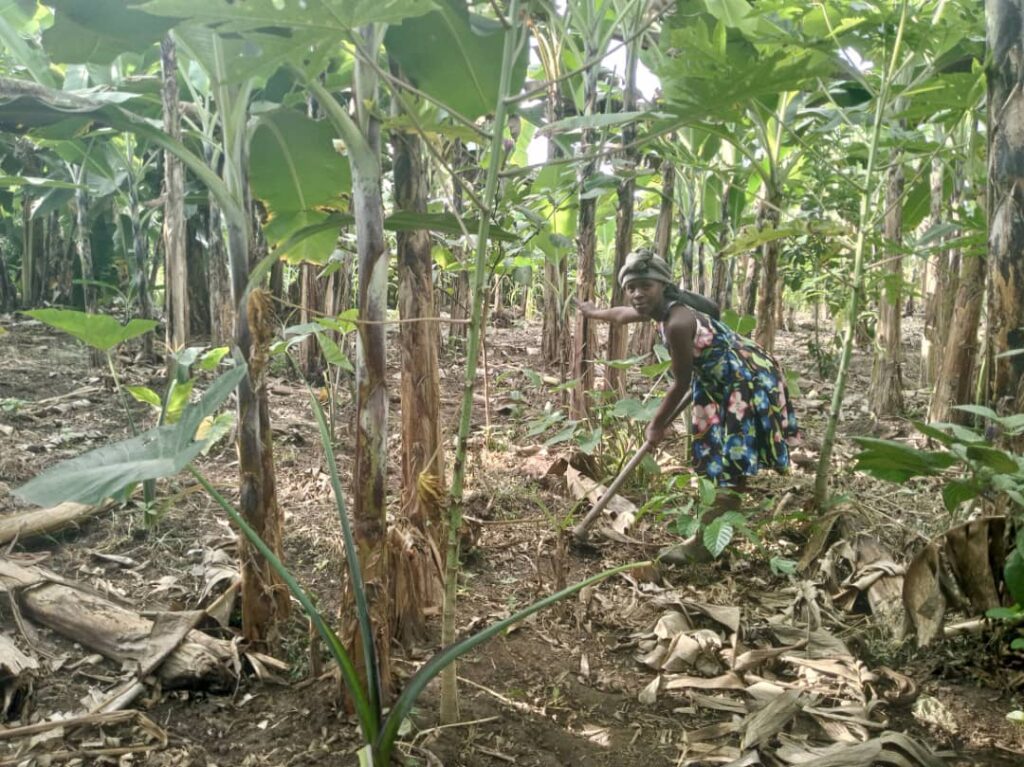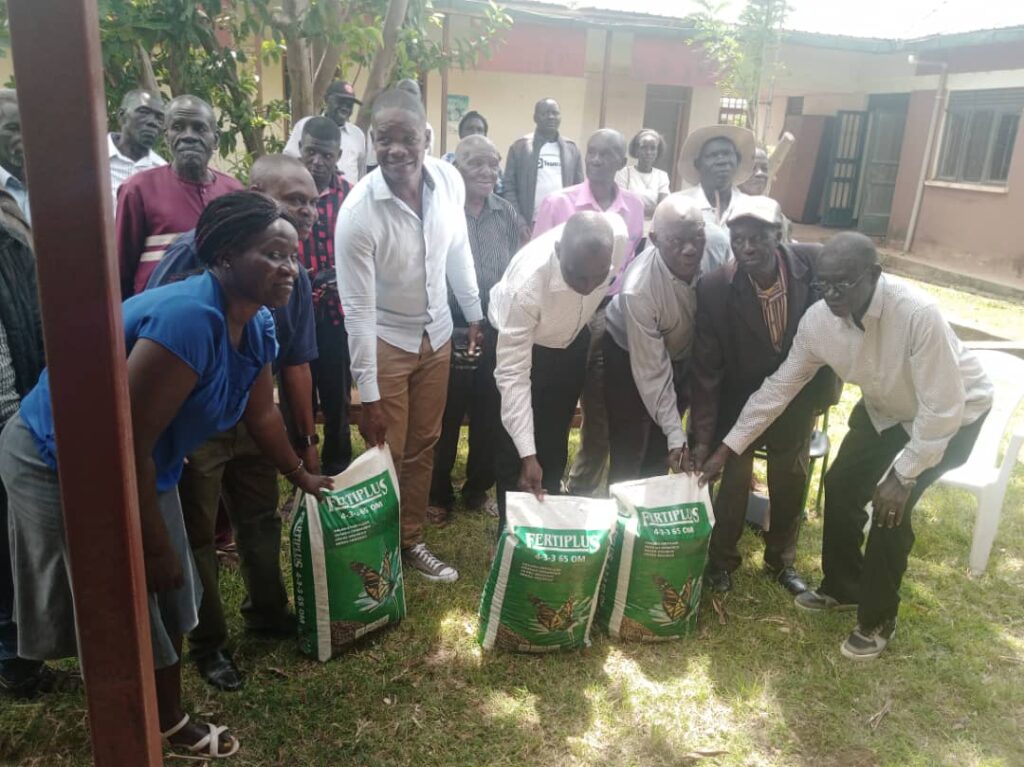
 Radio Apac
Radio Apac

 Radio Apac
Radio Apac
27 November 2025, 9:51 am

By Daniel Odongo & Mike Okwang Ogule
At least 162,000 coffee seedlings distributed to farmers in Apac District between August and September 2025 are at risk of drying up as the region faces increasingly harsh weather conditions linked to climate change.
The seedlings, supplied by the Ministry of Agriculture, arrived in the district towards the end of the rainy season — a timing many farmers say was too late to ensure successful establishment. With the dry spell now tightening its grip, both coffee and food crop farmers fear significant losses.
Farmers who planted maize and beans late, hoping the rains would continue, have also expressed concern that their crops may wither, potentially leading to a rise in food prices in the coming months.
While distributing government organic fertilisers earlier this month, Col Godfrey Okello, the Apac District Coordinator for Operation Wealth Creation, shared his personal struggle with the changing climate, revealing that his own seedlings had dried up for three consecutive seasons. He urged farmers not to lose hope but to adopt improved farming practices to withstand the unpredictable weather.
Renowned coffee farmer and Secretary of the Apac Coffee Growers and Marketing Association, Mr Peter Edam, who has over 20 years of experience in the field, advised farmers to adopt bottle irrigation as a low-cost method to sustain young coffee plants during extreme dry spells.

The Regional Agricultural Officer, Ms Betrace Alela, noted that the district continues to provide extension services and is encouraging farmers to urgently apply mulching, cover cropping, and bottle irrigation to help retain soil moisture and protect the vulnerable seedlings.
Ms Alela attributed some seedling losses to farmers collecting planting materials before fully preparing their gardens, particularly failing to provide adequate shade for the new coffee varieties, which lack taproots and require extra care. She warned that without proper preparation and consistent management, many of the newly distributed seedlings may not survive.
Meanwhile, former Minister for Wildlife and Antiquities, Jovino Akaki Ayumu, who has since ventured into coffee farming, appealed to Lango elders to inspire young people to take agriculture seriously as a pathway out of poverty. He emphasised the long-term value of perennial crops such as coffee, which continue to yield for years once established.
The Government of Uganda hopes to scale up coffee production in northern Uganda and expand its share of the global export market. However, climate change, coupled with limited access to modern irrigation technologies, remains a major challenge for farmers in the region.